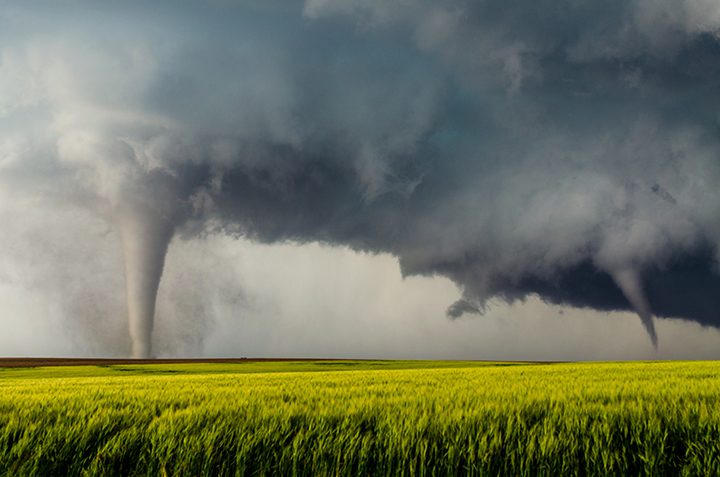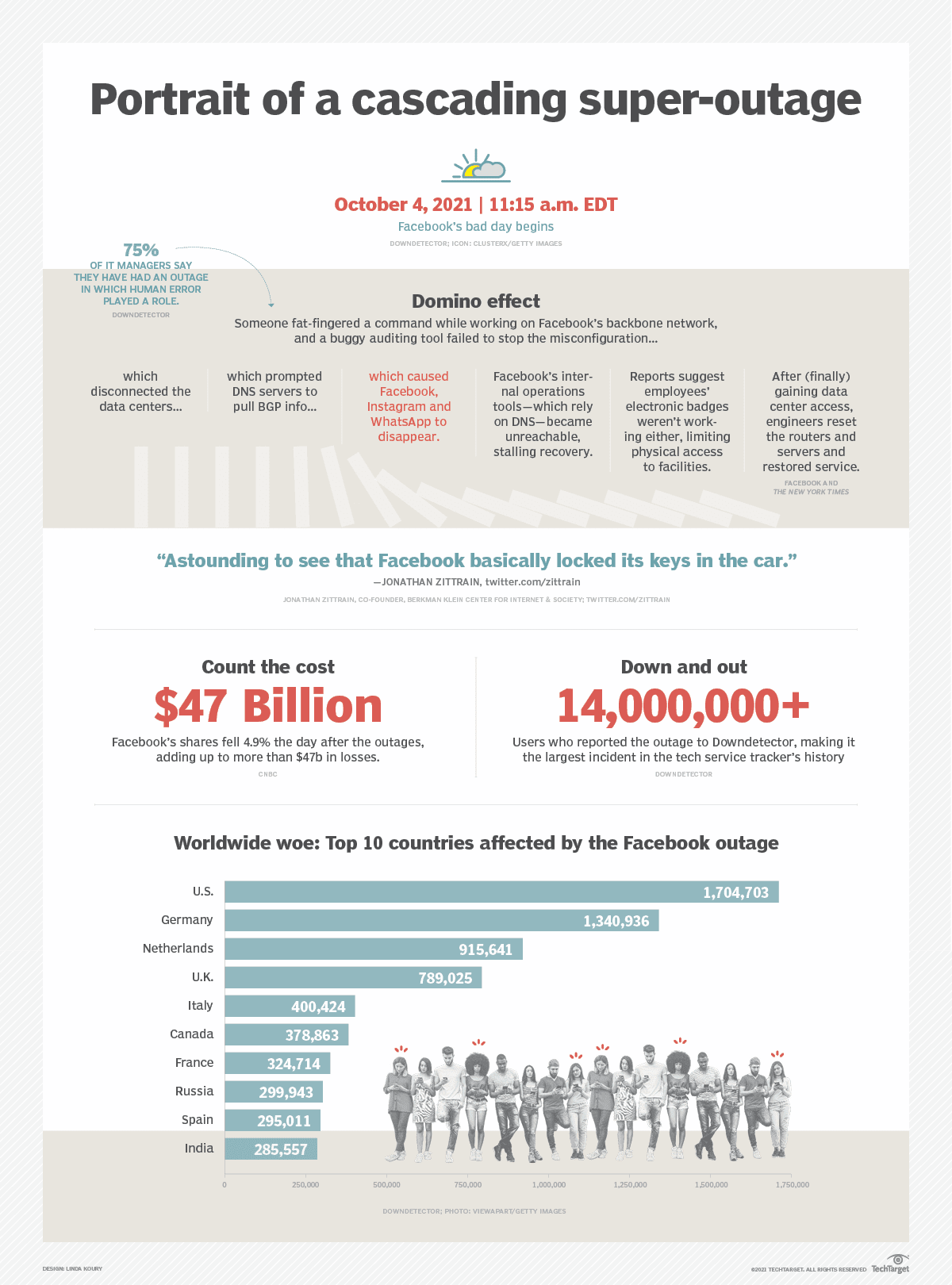|
The day before I started writing this, a tornado hit central Kentucky, touching down and then staying in contact with the ground for more than 200 miles, leaving behind massive damage and a death toll likely to be above one hundred. While tornadoes in Kentucky are not uncommon, tornadoes, especially ones so destructive, are almost unheard of in December. The devastating storm was one of a dozen such sightings and touchdowns through a twelve-state area. In Florida, a major operations center belonging to Spirit Airlines left Ft. Lauderdale for more inland facilities near Orlando, citing an increase in both hurricane strength and flooding damage. Hewlett Packard is moving its corporate headquarters away from Houston, on the coast of the Gulf of Mexico, after flooding due to storm surges damaged facilities there during one of the worst hurricane seasons in decades. A hospital in South Carolina similarly moved away from the coast to higher land, drawn not only by hurricane concerns but also by sea-level rise, which is exacerbated in certain areas due to erosion of wetlands. Extreme heat events in the Pacific Northwest and California set off what is increasingly become a new season between Summer and Fall called “Fire Season”, when the skies turn orange and it “snows” ash. Whether you believe in anthropogenic-induced climate change or believe that what we’re seeing is a natural trend, what is becoming increasingly evident is that the trend itself exists and that it is already impacting businesses to such an extent that they are willing to spend billions of dollars to mitigate the effects by trying to flee the areas most heavily hit. Pandemics do not occur in vacuums. This is a lesson that we’ve learned in the study of epigenetics, which was only really possible with the advent of high-speed computation. When the environment changes dramatically, these changes stress the cells of organisms, which in turn create methylated groups that attach to RNA and eventually DNA. When this DNA reproduces, they have fairly minimal impact upon large bodies such as humans, but viruses, which are essentially proto-life forms, reproduce so quickly that variants spread within weeks or months. Throw in a warming planet and global travel, and this means that, just as the weather becomes more severe and more frequent, so too do viruses. Ecosystems and economies, like any other system, evolve as well. All systems have a form of memory, have analogs to the energy that keeps them sustained, develop strategies to seek energy, and need to eject waste (toxins) from the system before those toxins can do harm. They are not necessarily alive (life is a specific biochemical process) but they mimic life in many respects. Before you can understand artificial intelligence, it is necessary to understand artificial life. Specifically, it is important to recognize that just as life forms that are placed into an environment that is changing too rapidly cannot adapt fast enough to thrive, so too are our societal systems vulnerable when there is not enough time to develop survival tactics. This is why we are data scientists – so that we can understand the signals of the world, and can use those signals to prepare us for change. This is a heavy message to invoke before the holidays, admittedly but it is an important one. Kurt Cagle To subscribe to the DSC Newsletter, go to Data Science Central and become a member today. It’s free! Data Science Central Editorial CalendarDSC is looking for editorial content specifically in these areas for December and January, with these topics having higher priority than other incoming articles.
DSC Featured ArticlesPicture of the Week
|



